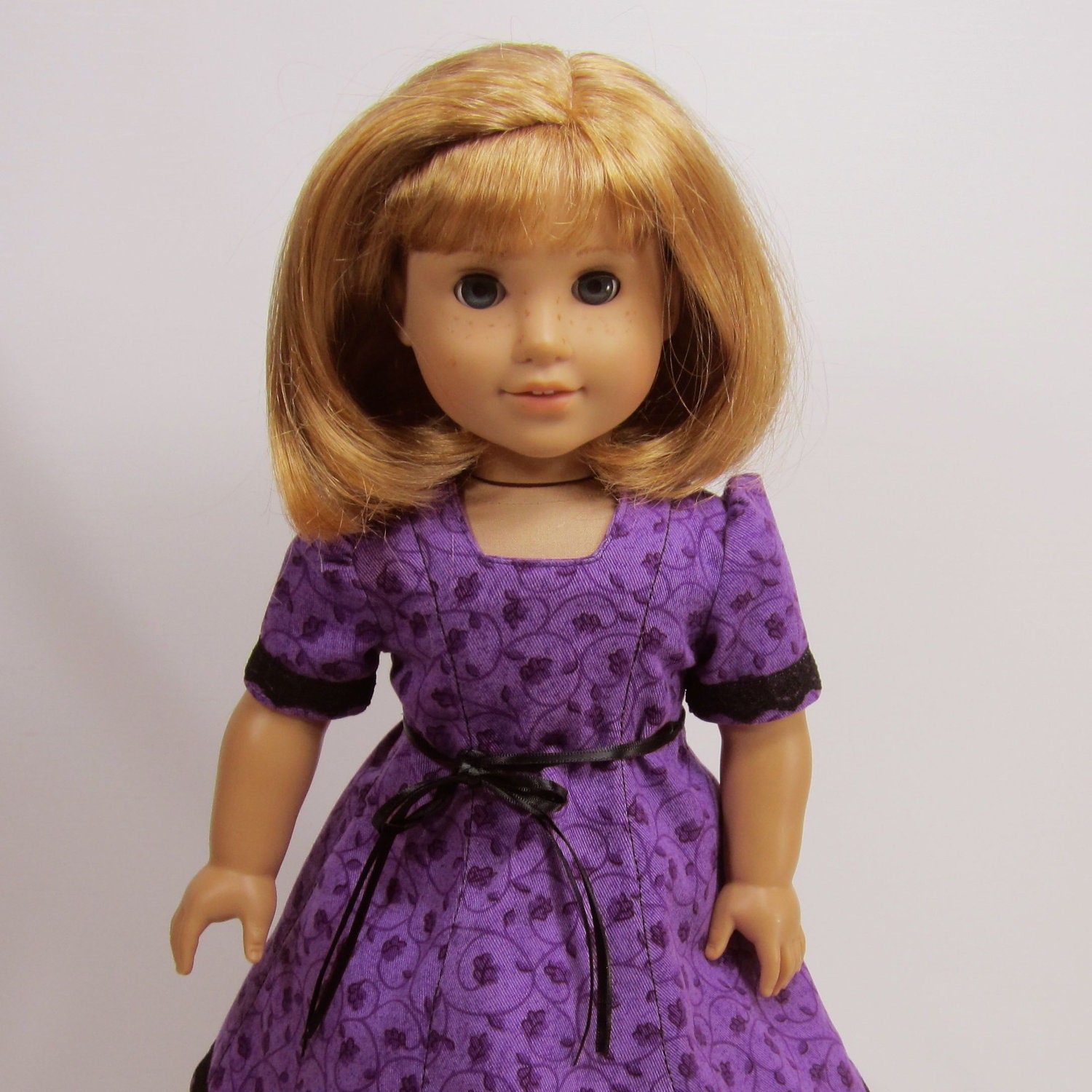I was never really into dolls when I was little. I was into Barbies but those are different. When I imagine a doll, I imagine a toy like the one in the picture above. They creep me out. It's as if someone trapped the essence of what it is to be a little girl in this toy and the eyes really creep me out. This picture is okay compared to those really old looking dolls, I can handle it. I am not alone in this discomfort with these dolls though as Claudia, the narrator of Toni Morrisons' The Bluest Eyes, despises these dolls more than I do.
Claudia is a little African American girl that lives with her mother, father and sister. They take in another girl called Pecola while the county decides what they will do. Based on the descriptions given by Morrision, they are part of a low socioeconomic level and don't seem to have very much. The mother is shown as a harsh woman when Claudia is sick but, has her moments of gentleness as well. Her sister Freida and her are very close and welcome Pecola when they realize she isn't there to dominate them and the three of them get along.
Claudia discusses her sister and Pecolas fascination with Shirley Temple, an old child star from their times. Pecola always wants to drink out of the cup with Shirley Temples' face on it and discusses her a lot with Freida. Meanwhile Claudia does not understand the fascination since Shirley is like one of those dolls they sell in the stores. Claudia is not even amused by either the dolls or Shirley Temple.
Claudia looked around and saw that "Adults, older girls, shops, magazines, newspapers, window signs- all the world had agreed that a blue-eyed, yellow-haired,pink-skinned doll was what every girl child treasured." (pg 20) This image to her though, was annoyance and hatred. Claudia couldn't understand why this was what everyone portrayed as beauty and perfection. Everyone would become outraged with her for torturing the dolls.
What made this idea interesting to me is when Claudia says her feelings toward the dolls were easily transferred to the living breathing version, little white girls. She describes it as "The indifference with which i could have axed them was shaken only by my desire to do so."(pg 22) Such thoughts don't really go into a childs' mind unless there is a real hatred. I think this could foreshadow a conflict later on in the novel where either she lashes out on a white girl or on those who praise it so much.

No comments:
Post a Comment